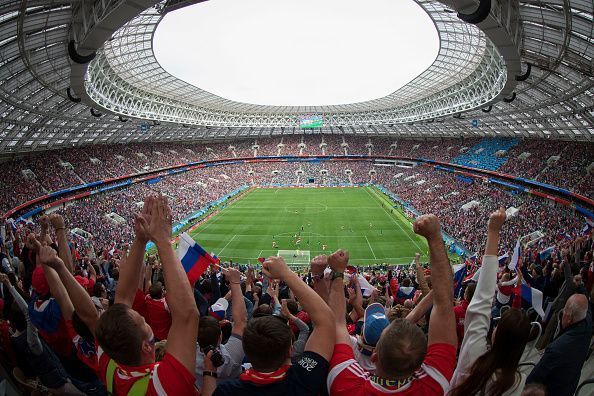
Football heritage and globalization - Understanding the role of the fans in stadiums using data analytics
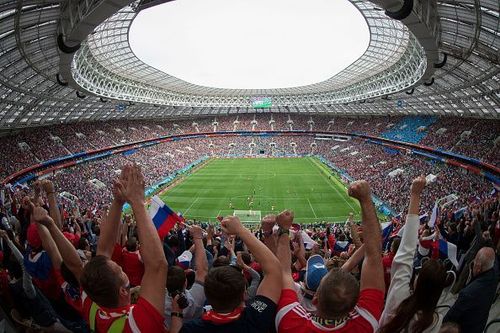
“That please, that we need them so much, you know”, said Mikel Arteta, while changing his posture, looking a little uneasy, a little hopeful. This was Arteta’s answer when he was asked what his message for the fans was, now that he had become the head coach of Arsenal Football Club. Arteta knew his message would reverberate. A lot depended on what he said, even more so how he said it. How had it come to this?
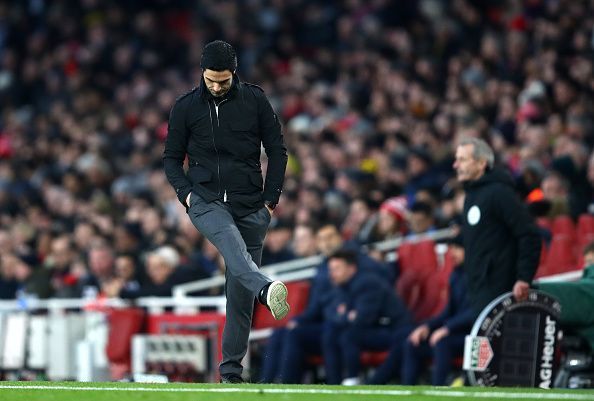
Football has globalised like no other sport. According to a report by HuffingtonPost in 2018, out of the 5 most-watched sporting events in the history of television, 3 were football-related. Globalization of the sport meant that in the 2016/17 season, as reported by The Guardian, Watford had earned £110 million from ‘Media and Broadcasting’, almost 14 times the £8 million they earned during ‘Match days’, i.e. from the supporters that walked through the stadium's gates.
Now purely from a business perspective, one can understand why clubs could prioritize appeasing their major source of income. And they do. Clubs regularly cater to the global audience, while putting the needs of the local fans on the back burner. More and more fans have started to feel a disconnect from their clubs, and that’s never a good sign.
Back in early 2016, fans were left fuming when a Premier League match was moved from a Saturday to the next day. This announcement was made only 23 days before the fixture was scheduled. Previously, the PL officials had promised to provide a 6-week buffer for such changes and this was in clear violation of that promise.
The reason for this change was an unlikely top-of-the-table clash between Leicester and Arsenal and therefore, in their opinion, having this game on a Saturday made little sense commercially. Inevitably, the fans had to bear the brunt of this sudden change and the PL got away with it with a mild slap on the wrist.
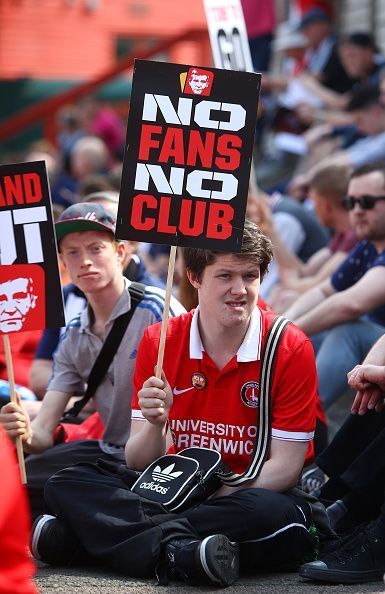
In response to why a protest was needed, regarding the lack of concern shown by the PL, Union FS, Leicester’s fan group said "Why? To make a point that without fans, there is no saleable product. Just 22 blokes kicking a ball around on some nicely cut grass."
Even today, fans are being inconvenienced. Companies like Amazon who are looking for a slice of this massive pie, have gotten in on the action. Amazon bid and won the rights to cover 20 PL games this season. Fans could watch these games by purchasing an Amazon Prime subscription, in addition to the BT Sport and Sky subscriptions that they already must have purchased to watch Premier League action. Guardian’s Barney Ronay summarizes Amazon’s foray into football rather perfectly, “No matter how glossy the Amazon product, fans are still being sold the same things they already owned in the first place”
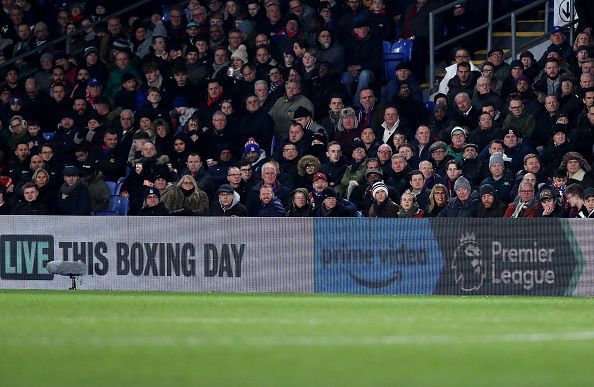
Now, as you may have experienced yourself, the atmosphere that fans in many football stadiums create is unparalleled. Hearing it straight from the horse’s mouth, Jurgen Klopp had once described his experience at Borussia Dortmund's home ground as “To exit the dark tunnel and come out into the stadium is to be reborn”.
Another incredible example of the impact that the crowds can have comes from Istanbul. Besiktas JK’s Vodafone Park currently holds the world record of decibels produced during a football game: 141. That’s noisier than a plane during takeoff. The deafening noise they produced had even forced Timo Werner to ask to be substituted off the pitch when his team played Besiktas in 2017.